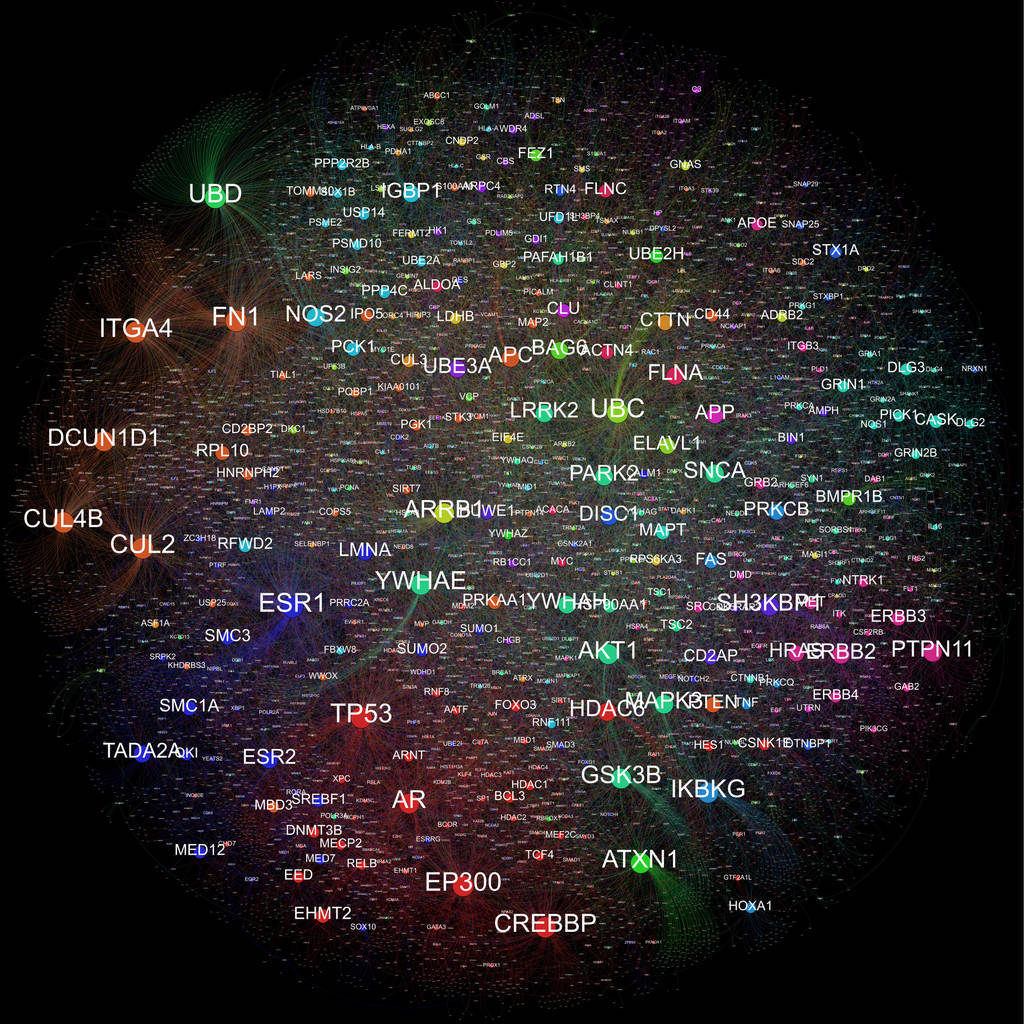People living with autism spectrum disorder are one step closer to receiving personalised genetic diagnosis and treatment, according to University of Queensland (UQ) research.
New approaches in genomic technologies, computational models and experimental systems could potentially lead to personalised treatment based on an individual’s genetic composition, UQ Diamantina Institute biologist, Dr Alex Cristino said. ”Researchers were making significant progress in understanding the molecular mechanisms of complex genetic disorders such as autism.”
Autism is caused by a ‘perfect storm’ of complex combinations of common and rare genetic variations and the disorder forms from unique combinations of both inherited DNA variations and spontaneously generated genetic errors, also known as de novo mutations. “Genetically speaking, there are many ways to develop autism. In most cases, no single genetic alteration or arrangement causes the disorder,” Cristino said.
The study identified genetic variations in ‘junk DNA’, parts of DNA that were thought to be largely unimportant. “We now know that ‘junk DNA’ contains regulatory elements that precisely coordinate molecular processes to determine how specific cells and tissues work,” he said. “Some mutations in ‘junk DNA’ disrupt gene networks and biological pathways associated with autism.
“The significance of this research goes beyond autism as we are deciphering the regulatory genetic code and making sense of the ‘junk DNA’. For example, 90 per cent of genetic variation associated with schizophrenia is located in the ‘junk DNA’, so understanding its functional role could help build a more complete genetic landscape underpinning other complex genetic diseases,” he said.
“Now that we know that no two people living with autism have the same combination of genetic variations, we can assume that the drug response in different people is likely to be quite unique. By mapping an individual’s combination of genetic variations, we could develop a more informed picture for personalised treatment,” he said.

